We cordially invite you to the 4th Symposium of the BU Interdisciplinary Neuroscience Research Centre: From Clinical Applications to Neuro-Inspired Computation on Friday, the 16th of January 2026, 9:30-15:00 at the Lees Lecture Theatre (Talbot Campus, Poole House -outside).
This symposium encompasses a journey from clinical case studies to new, emerging experimental and computational methodologies that underpin future translational applications. It is an opportunity for informal discussions on grant proposals and to explore shared interests with our external guests from the NHS and collaborating EU universities.
The schedule is as follows:
9:30 Coffee
9:50 Opening and Welcome Address
10:00-10.50 Dr Michalis Doumas (Queen’s University Belfast): Sensory integration for postural control in healthy ageing and in people living with Parkinson’s.
10:50 Coffee break
11:00-11:50 Session I. Ageing and Neurodegenerative Disorders
Dr Ioanna Markostamou: Naming spatial relations in typical and atypical ageing: At the crossroads of language and perception.
Dr Catherine Talbot: Dementia in the digital age: exploring the promise and pitfalls of social technologies.
11:50-12.50 Lunch break (no lunch provided, but Talbot Campus facilities available)
12.50-13.40 Dr Andre Rupp (Online Talk): Auditory pitch perception and clinical applications.
13:40 Coffee break
14:00-14.50 Session II: Neuro-inspired computation
Dr Anna Metzger: Understanding haptic perception of objects’ shape and material via DNN modelling.
Dr Hongchuan Yu: Waa3D: an open-source platform to benchmark performance of algorithms for automated neuro tracing in light microscopy datasets.
Concluding Remarks + Invitation to everybody to become a member of the INRC network
If you have any queries, please do not hesitate to contact Ellen Seiss, eseiss@bournemouth.ac.uk or Emili Balaguer-Ballester, eb-ballester@bournemouth.ac.uk.
Thank you very much; we are looking forward to seeing you there.
Kind regards,
Ellen and Emili, on behalf of all of us.

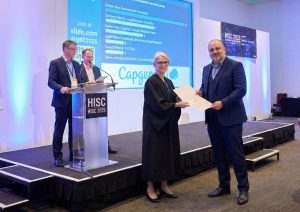
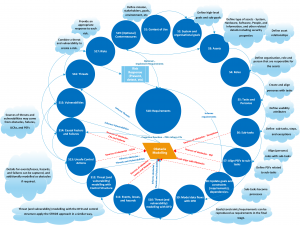
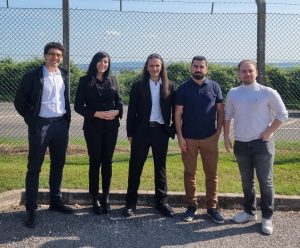

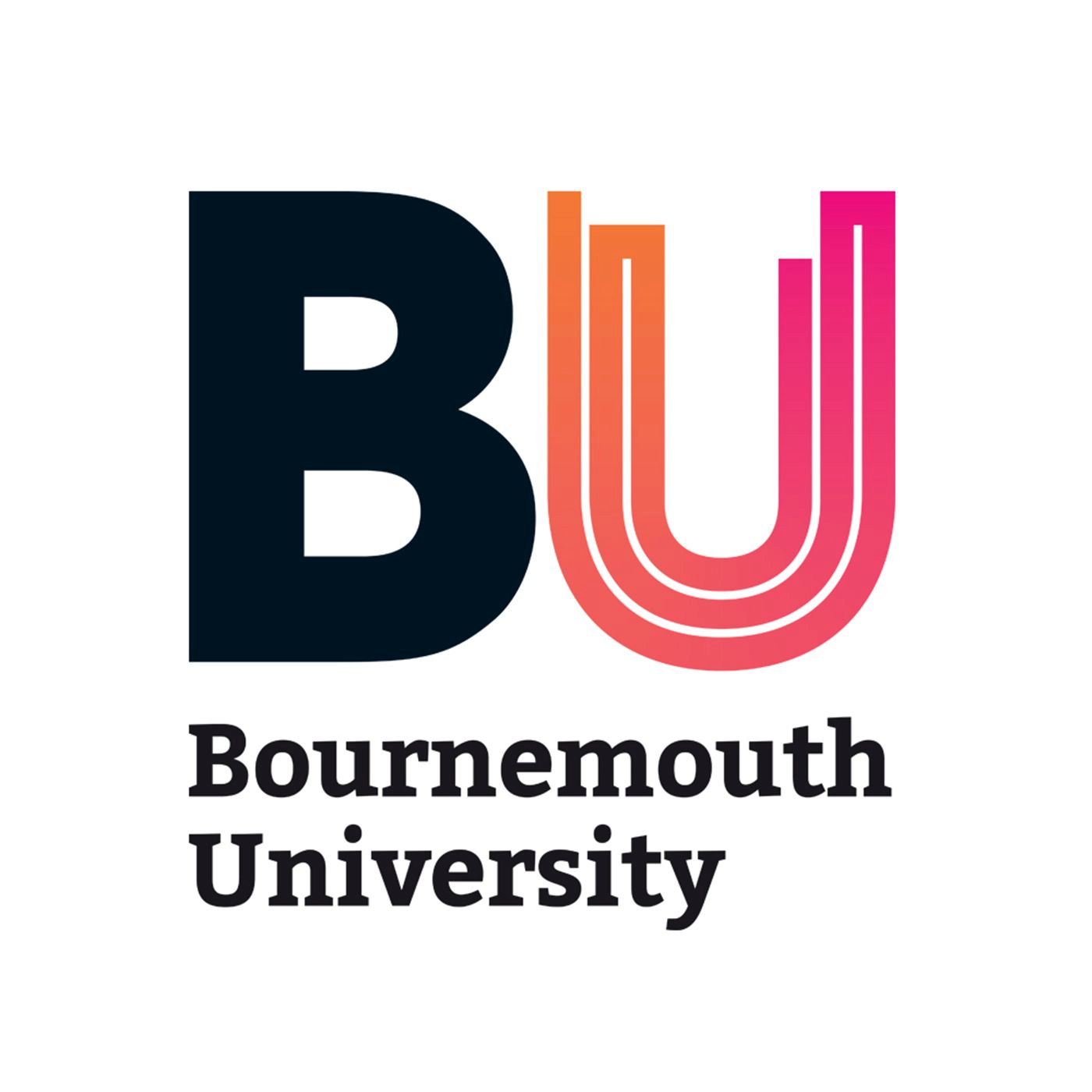
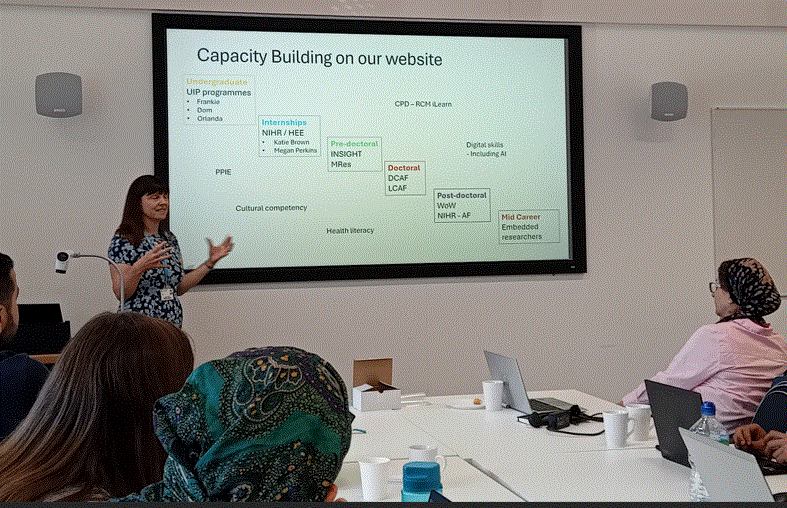


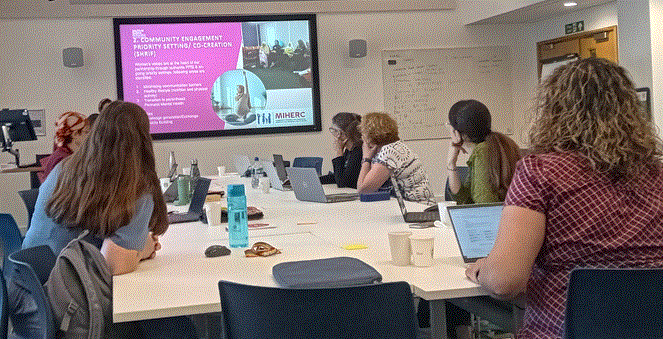
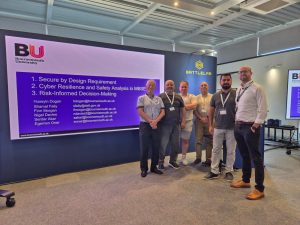
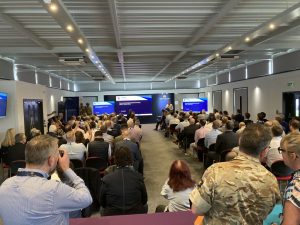
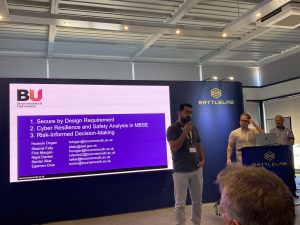
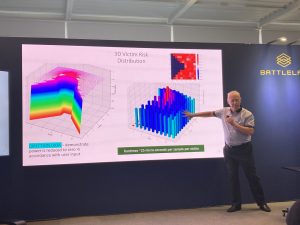
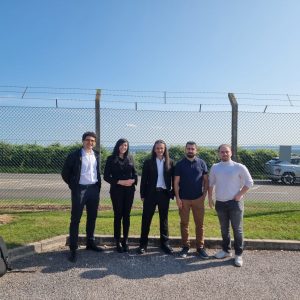
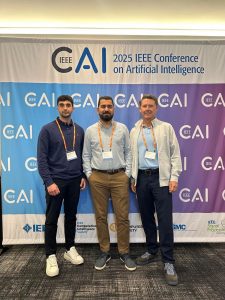
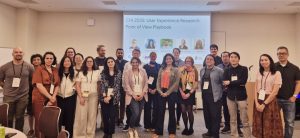
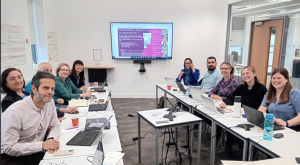

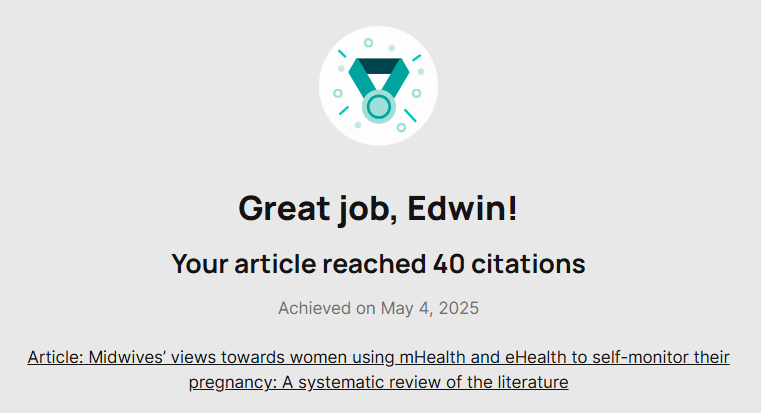
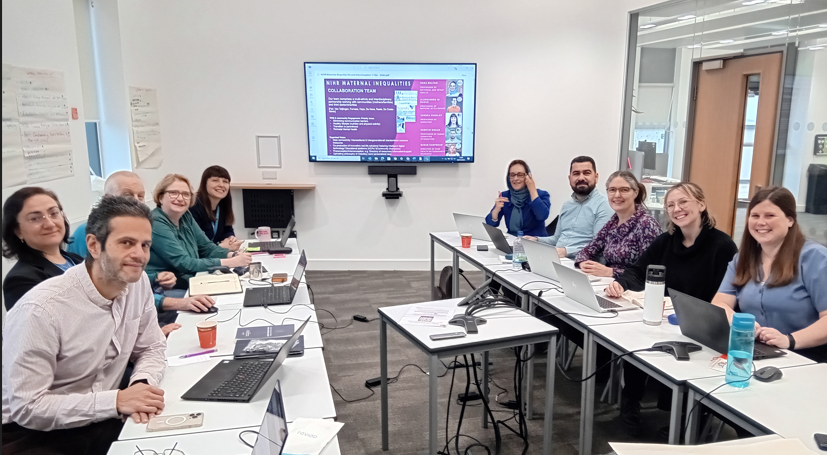

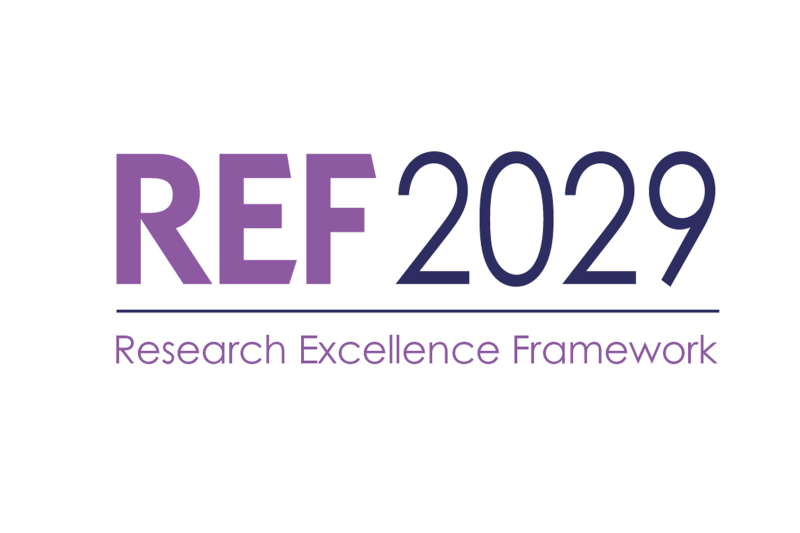











 REF Code of Practice consultation is open!
REF Code of Practice consultation is open! BU Leads AI-Driven Work Package in EU Horizon SUSHEAS Project
BU Leads AI-Driven Work Package in EU Horizon SUSHEAS Project Evidence Synthesis Centre open at Kathmandu University
Evidence Synthesis Centre open at Kathmandu University Expand Your Impact: Collaboration and Networking Workshops for Researchers
Expand Your Impact: Collaboration and Networking Workshops for Researchers ECR Funding Open Call: Research Culture & Community Grant – Apply now
ECR Funding Open Call: Research Culture & Community Grant – Apply now ECR Funding Open Call: Research Culture & Community Grant – Application Deadline Friday 12 December
ECR Funding Open Call: Research Culture & Community Grant – Application Deadline Friday 12 December MSCA Postdoctoral Fellowships 2025 Call
MSCA Postdoctoral Fellowships 2025 Call ERC Advanced Grant 2025 Webinar
ERC Advanced Grant 2025 Webinar Update on UKRO services
Update on UKRO services European research project exploring use of ‘virtual twins’ to better manage metabolic associated fatty liver disease
European research project exploring use of ‘virtual twins’ to better manage metabolic associated fatty liver disease
Explore our work, meet our partners, and find out how you can collaborate with us by clicking here! MIHERC is led by Sheffield Hallam University, with Bournemouth University as a key partner and the important funding coming from NIHR (National Institute for Health and Care Research) Maternity Challenge Initiative. The BU key academics are: Huseyin Dogan, Vanora Hundley, Edwin van Teijlingen, and Deniz Çetinkaya. Please share with all who may be interested.